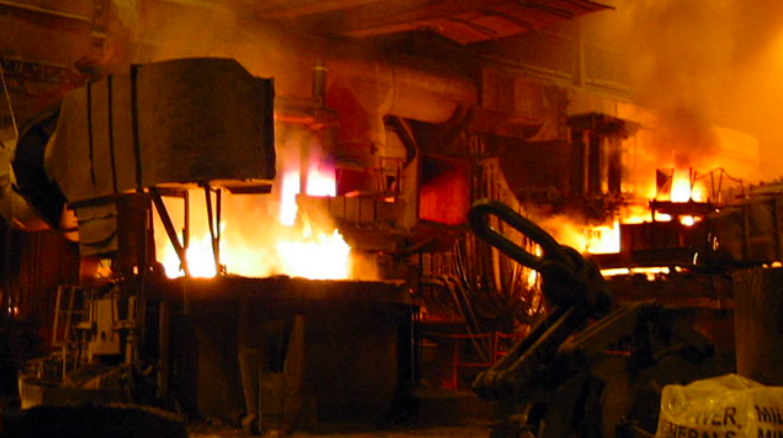Chinese government new ban is nationwide building on previous plans that were in identified regions only as the country seek to reduce the concentration of harmful small particles by 10% within a year and meet national targets
China has banned the building of new steel factories in a drive to cut carbon emissions and improve air quality, according to a report by the South China Morning Post.
The measures were included in a broader 36-point plan to “defend the blue sky” published by the State Council on Thursday (December 7), says the report.
The plan, under which new plants are “strictly prohibited”, expands a previous ban on new steel projects in specific regions to the whole country. The main goal is to reduce the concentration of particulate matter (PM2.5) in larger cities – the most harmful small particles – by 10 per cent by 2025 compared with 2020 levels.
Last year over a quarter of Chinese cities did not meet the PM2.5 standard of 40 micrograms per cubic metre, according to state news agency Xinhua. Most of China’s steel production currently relies on blast furnaces which use coke, made from crushed up and heated coal, to produce pig iron.
Beyond a ban on new steel capacity, further measures to make the industry greener have also been proposed, the South China Morning Post.
But by 2025, the goal is to make at least 15 per cent of its steel using electric furnaces to heat up pig iron or scrap steel – a process which lowers carbon emissions by around 20 to 25 per cent, according to a paper published in April in the peer-reviewed journal Engineering.
However, the paper warned that one limiting factor is that China is struggling to get enough scrap steel, which it had to start importing in 2021 to meet demand.
Emissions from the steel industry have been increasing over the years, accounting for 15 to 18 per cent of China’s total carbon emissions in 2020, according to the paper by researchers from the Chinese Academy of Sciences.





